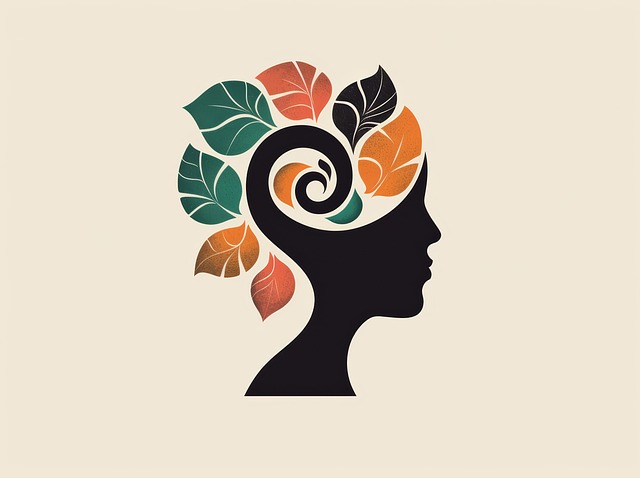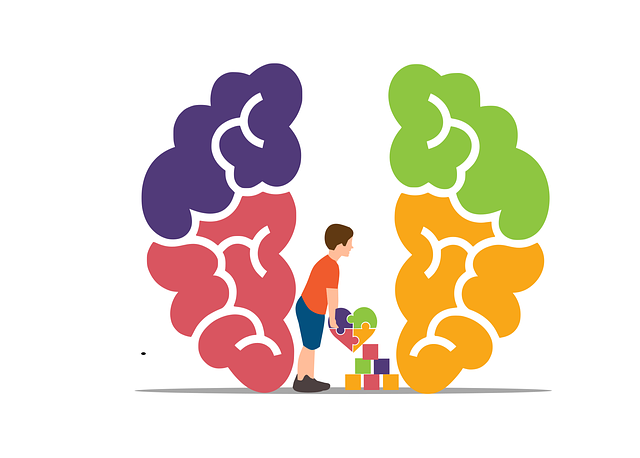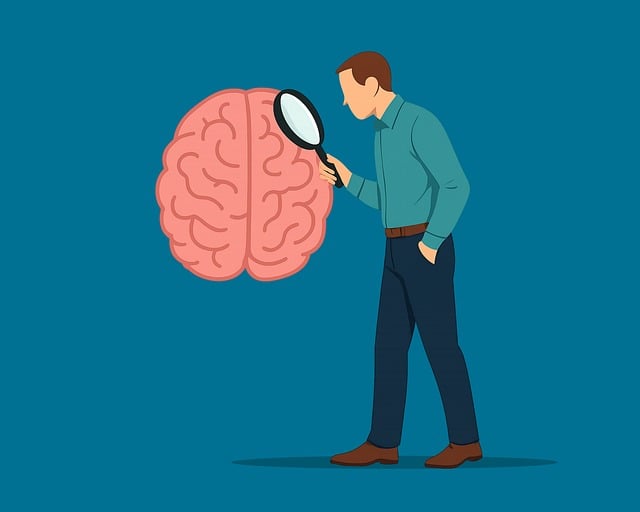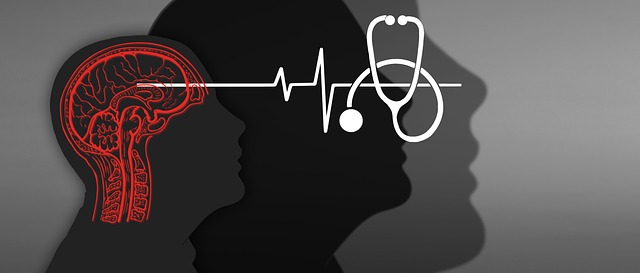Trauma significantly impacts individuals and couples, reshaping perceptions, intensifying emotions, and disrupting daily life. Therapy for adults and couples counseling are vital steps in navigating these complexities, offering safe spaces for expression and understanding through tailored interventions. These services support emotional healing, enhance communication, and build inner strength to overcome residual trauma effects. Advocating for accessible and effective therapy for adults and couples counseling is crucial for building communities that prioritize collective well-being. Skilled therapists use evidence-based techniques like CBT and EMDR to process complex emotions and memories safely, fostering mental healing and resilience. Integrating self-care practices alongside therapeutic interventions ensures therapists can effectively support others, promoting a holistic approach to emotional recovery.
Trauma can leave profound marks on individuals and couples, affecting their emotional well-being and relationships. Understanding trauma’s impact is crucial for providing effective support. This article delves into the essential aspects of trauma care, focusing on therapy for adults and couples counseling as cornerstone components of comprehensive trauma services. We explore strategies and resources to help professionals navigate this complex landscape, ultimately fostering healing and resilience in those who have experienced trauma.
- Understanding Trauma and Its Impact on Individuals and Couples
- The Role of Therapy for Adults and Couples in Trauma Support Services
- Effective Strategies and Resources for Providing Comprehensive Trauma Care
Understanding Trauma and Its Impact on Individuals and Couples

Trauma, a profound and often devastating experience, can leave lasting effects on individuals and couples alike. It reshapes perceptions, intensifies emotions, and disrupts everyday functioning. The impact of trauma is multifaceted, manifesting as psychological distress, physical symptoms, and interpersonal challenges. In the context of relationships, trauma can create a complex dynamic where partners may struggle to understand each other’s experiences and behaviors.
Seeking therapy for adults or couples counseling becomes a vital step in navigating these complexities. Professional support facilitates emotional healing processes by creating safe spaces for expression and understanding. Through tailored interventions, individuals and couples can learn coping strategies, enhance communication, and develop inner strength to overcome trauma’s residual effects. Mental health policy analysis and advocacy also play a crucial role in ensuring accessible and effective trauma support services, fostering communities that prioritize the well-being of all members.
The Role of Therapy for Adults and Couples in Trauma Support Services

Therapy plays a pivotal role in trauma support services, offering specialized care for adults and couples who have experienced traumatic events. Through individual or coupled counseling, individuals can process their experiences, emotions, and memories in a safe, supportive environment. Skilled therapists employ evidence-based techniques such as cognitive behavioral therapy (CBT) and eye movement desensitization and reprocessing (EMDR) to help clients work through complex feelings associated with trauma, fostering mental healing and resilience.
For professionals engaged in risk management planning for mental health services, integrating self-care practices alongside therapeutic interventions is essential. By prioritizing their own mental wellness through regular therapy sessions or listening to insightful mental wellness podcast series, therapists can sustain their capacity to support others effectively. This holistic approach ensures that both the helpers and those seeking help can navigate their journeys towards recovery with enhanced emotional resilience and well-being.
Effective Strategies and Resources for Providing Comprehensive Trauma Care

Effective strategies for providing comprehensive trauma care involve a multi-faceted approach that combines therapy for adults and couples counseling to address the complex needs of individuals and families affected by traumatic events. One key resource is crisis intervention guidance, which offers immediate support during acute distress, helping individuals stabilize and begin the healing process. This can be provided by trained professionals equipped with evidence-based techniques like cognitive behavioral therapy (CBT) and eye movement desensitization and reprocessing (EMDR).
Integrating mental health awareness into trauma support services is crucial for long-term recovery. Encouraging open dialogue about traumatic experiences, providing safe spaces for expression, and offering tailored counseling sessions cater to diverse needs. Group therapy, peer support networks, and online resources complement individual treatments, fostering a sense of community and normalcy while promoting healing and resilience among those navigating the aftermath of trauma.
Trauma support services, encompassing understanding, therapy, and comprehensive care, are indispensable tools in helping adults and couples navigate the profound impacts of traumatic experiences. By integrating effective strategies and utilizing resources tailored to their needs, professionals can facilitate healing and enhance well-being. The role of therapy for adults and couples counseling remains pivotal in this process, offering safe spaces to process trauma, build resilience, and restore a sense of control and security.














